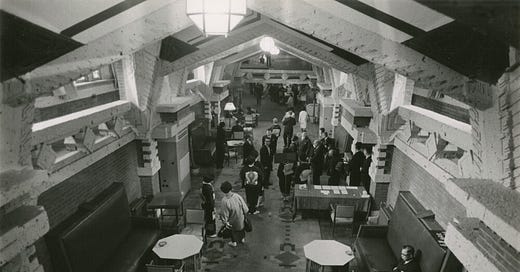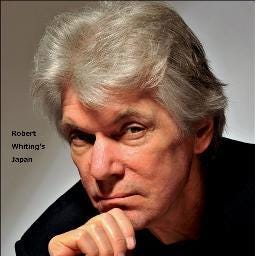Imperial Hotel Diamond Robbery - Part 3
Third in a four-part series
Tokyo Jail
TOKYO — It was not often that Westerners saw the inside of a Japanese jail, and those who did were not anxious to return. Although the basic premise of criminal law under the new postwar constitution of Japan was the same as in U.S. constitutional law, that a man was innocent until he was proven guilty, the reality was different. As Raymond Bushell, the American lawyer who defended MacFarland, put it, “We mean it and they don’t. They still have their old prewar thinking that if the police arrest you, then you are guilty until proven innocent. Otherwise why would they arrest you in the first place?”
Whereas in the United States prosecutors had to file formal charges immediately on an arrested suspect, the police in Japan were allowed to hold a man for up to twenty-three days before a formal indictment had to be issued. Moreover, whereas prisoners in America were allowed twenty-four-hour access to their lawyers, jailhouse guests in Japan were limited to a maximum of no more than one hour per day.
Japanese law enforcement authorities believed that if they pushed hard enough during interrogation in the time allotted, the prisoner was bound to crack and admit his guilt. They reasoned from this fundamental truth that exercising a little unfriendly persuasion in the pursuit of justice was permissible. And if certain methods they were forced to employ to accomplish this were technically illegal, well, then, so be it.
Keep reading with a 7-day free trial
Subscribe to Robert Whiting's Japan to keep reading this post and get 7 days of free access to the full post archives.




